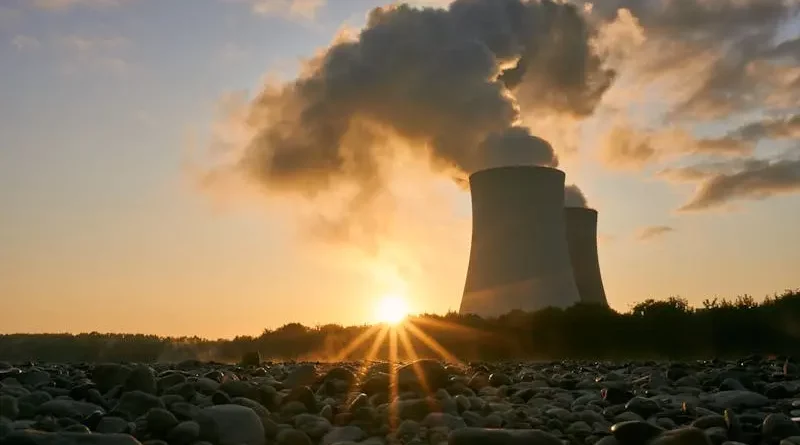The Breakthrough in Nuclear Fusion Ignition
In a world increasingly concerned with sustainable energy solutions, a recent breakthrough in nuclear fusion has emerged as a beacon of hope. For the first time, scientists have successfully achieved nuclear fusion ‘ignition’, a landmark accomplishment that could revolutionize our approach to energy production. This article delves into this groundbreaking development, exploring its implications and the future it heralds for clean energy.
The Fusion Breakthrough: A Simplified Overview
Nuclear fusion, the process that powers stars, including our sun, involves fusing two light atomic nuclei to form a heavier nucleus, releasing immense energy in the process. Unlike nuclear fission, which splits atoms and is used in current nuclear power plants, fusion offers a cleaner, safer, and virtually limitless energy source. The recent achievement of fusion ignition marks a critical step towards harnessing this power on Earth.
The Path to Ignition: Challenges and Triumphs
The road to this achievement has been fraught with technical challenges. Achieving the conditions necessary for fusion – extremely high temperatures and pressures – has been a formidable task. The breakthrough was achieved by using powerful lasers or magnetic confinement to heat and compress hydrogen isotopes to the point of fusion. This process, which occurred in a fraction of a second, resulted in a net energy gain, a crucial milestone for sustainable fusion energy.
Environmental and Economic Implications
The potential environmental benefits of fusion energy are vast. As a clean energy source, it produces no greenhouse gases and minimal long-lived radioactive waste, addressing two of the most pressing environmental concerns associated with current energy production methods. Economically, fusion energy could provide a cost-effective and abundant energy source, significantly reducing our reliance on fossil fuels and reshaping global energy markets.
Challenges Ahead: From Laboratory to Power Grid
Despite this achievement, significant challenges remain in bringing fusion energy to the power grid. Scaling up the technology to build functional, economical fusion power plants is a complex task that will require substantial investment and innovation. However, the scientific community is optimistic, with ongoing advancements in materials science, superconducting magnets, and laser technology paving the way for practical fusion energy solutions.
The Global Energy Crisis and Fusion’s Role
Our current global energy crisis underscores the urgent need for alternative energy sources. With the increasing demand for electricity and the imperative to reduce carbon emissions, fusion energy stands out as a potentially transformative solution. Its capacity to provide large-scale, continuous energy without the intermittency issues of solar and wind power makes it particularly appealing.
Technological Innovations and Collaborations
The journey to this fusion breakthrough has been propelled by significant technological innovations and international collaborations. Projects like the International Thermonuclear Experimental Reactor (ITER) in France, involving multiple countries, are testaments to the global effort in realizing fusion energy. These collaborations not only pool resources and expertise but also foster a shared commitment to tackling the energy challenges facing our planet.
Economic and Geopolitical Considerations
Economically, the transition to fusion energy could have far-reaching impacts. It could drive new industries, create jobs, and reduce energy costs in the long term. Geopolitically, fusion energy offers the potential for greater energy independence for nations, reducing the geopolitical tensions often associated with oil and gas reserves.
A Vision for the Future
In envisioning a future powered by fusion energy, it’s crucial to continue supporting research and development in this field. While commercial fusion power may still be a few decades away, the progress made thus far brings us closer to a world where clean, safe, and abundant energy is a reality. This fusion ignition breakthrough is not just a scientific feat; it’s a stepping stone towards a sustainable future, echoing humanity’s relentless pursuit of innovation and progress.
A New Era of Energy
The successful ignition of nuclear fusion is more than a scientific milestone; it’s a glimpse into a future where clean, abundant energy could become a reality. This breakthrough represents a pivotal moment in our journey towards sustainable energy solutions, offering a promise of a brighter, cleaner future for generations to come.

